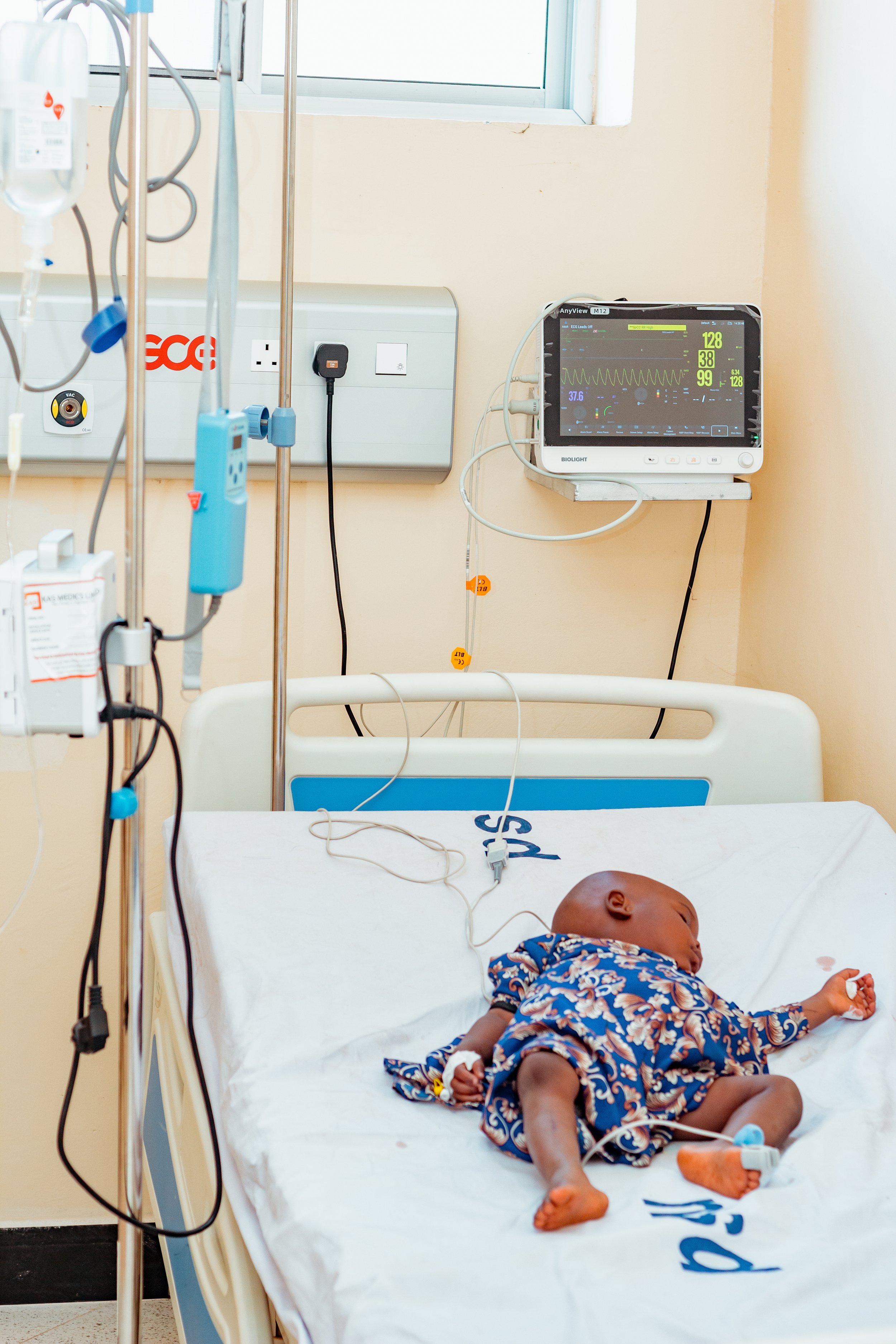
Welcome to the EECC Global Blog
Listen to Our Founder Discuss the Groundbreaking African Critical Illness Outcomes Study
The African Critical Illness Outcomes Study (ACIOS) exposes severe care gaps in African hospitals. In this podcast, our founder, Tim Baker, discusses the findings and why essential emergency and critical care (EECC) is both urgent and achievable. Listen now!
Most Critically Ill Patients Aren’t in ICUs
A global study in BMJ Global Health reveals that 96% of critically ill patients are treated in general wards, not ICUs. With 19% dying within 30 days, urgent investment in low-cost Essential Emergency and Critical Care (EECC) is needed to improve survival rates worldwide.
Essential Emergency and Critical Care Training in South Sudan
A new Essential Emergency and Critical Care training at Al Sabbah Children's Hospital in South Sudan is equipping doctors and nurses with life-saving skills. Developed by The EECC Network, the course covers vital interventions like airway management, oxygen therapy, and shock treatment, strengthening emergency care in a country with limited medical resources.
Essential Emergency and Critical Care: A Cost-Effective Lifesaver in Resource-Limited Settings
Essential Emergency and Critical Care (EECC) is a cost-effective solution for improving critical care in low-resource settings. By prioritizing simple interventions like oxygen therapy and vital signs monitoring, EECC saves lives at a fraction of the cost of advanced care. This study urges policymakers to invest in EECC for greater health impact.
How many people are critically ill in Africa? And how many are dying?
The African Critical Illness study uncovered alarming data about the prevalence and mortality rate of critical illness.
It’s possible to use this data and other data sources to estimate the number of critically ill patients in Africa, and the number dying each year.
The African Critical Illness Study (ACIOS)
A new study published in The Lancet has provided the first comprehensive, continent-wide analysis of critical illness in African hospitals. The African Critical Illness Outcomes Study (ACIOS) highlights significant gaps in the availability of essential emergency and critical care (EECC), despite evidence that these interventions are both feasible and cost-effective
Refining Essential Emergency and Critical Care Training: A Stakeholder Workshop in Dar es Salaam
Stakeholders gathered in Dar es Salaam to refine the EECC training course, ensuring healthcare workers receive essential skills to improve emergency and critical care services across Tanzania.
EECC at the 2025 Society of Critical Care Medicine Congress
EECC Global founder Karima Khalid highlighted the urgent need for Essential Emergency and Critical Care at the 2025 Critical Care Congress, emphasizing its role in improving care for critically ill patients worldwide.
Lack of access to medical oxygen is causing widespread suffering and death
A new report reveals that 60% of people still lack access to medical oxygen, causing preventable deaths. Experts urge urgent action to ensure equitable oxygen access and essential critical care worldwide.
WFSA Webinar: Anaesthesiology in Health Emergencies, featuring EECC
Tim Baker and Karima Khalid led a WFSA webinar on Anaesthesiology in Health Emergencies, highlighting EECC’s role in providing life-saving care for critically ill patients, regardless of resource limitations.
Urgent Action Needed: New Research Highlights Gaps in Critical Care for Children in Resource-Constrained Settings
Every child deserves access to life-saving care when they fall critically ill. However, new research from lead author Teresa Kortz, published in The Lancet Global Health paints a stark picture: in resource-constrained settings (RCS), many children suffer from acute critical illness without access to basic interventions that could save their lives











